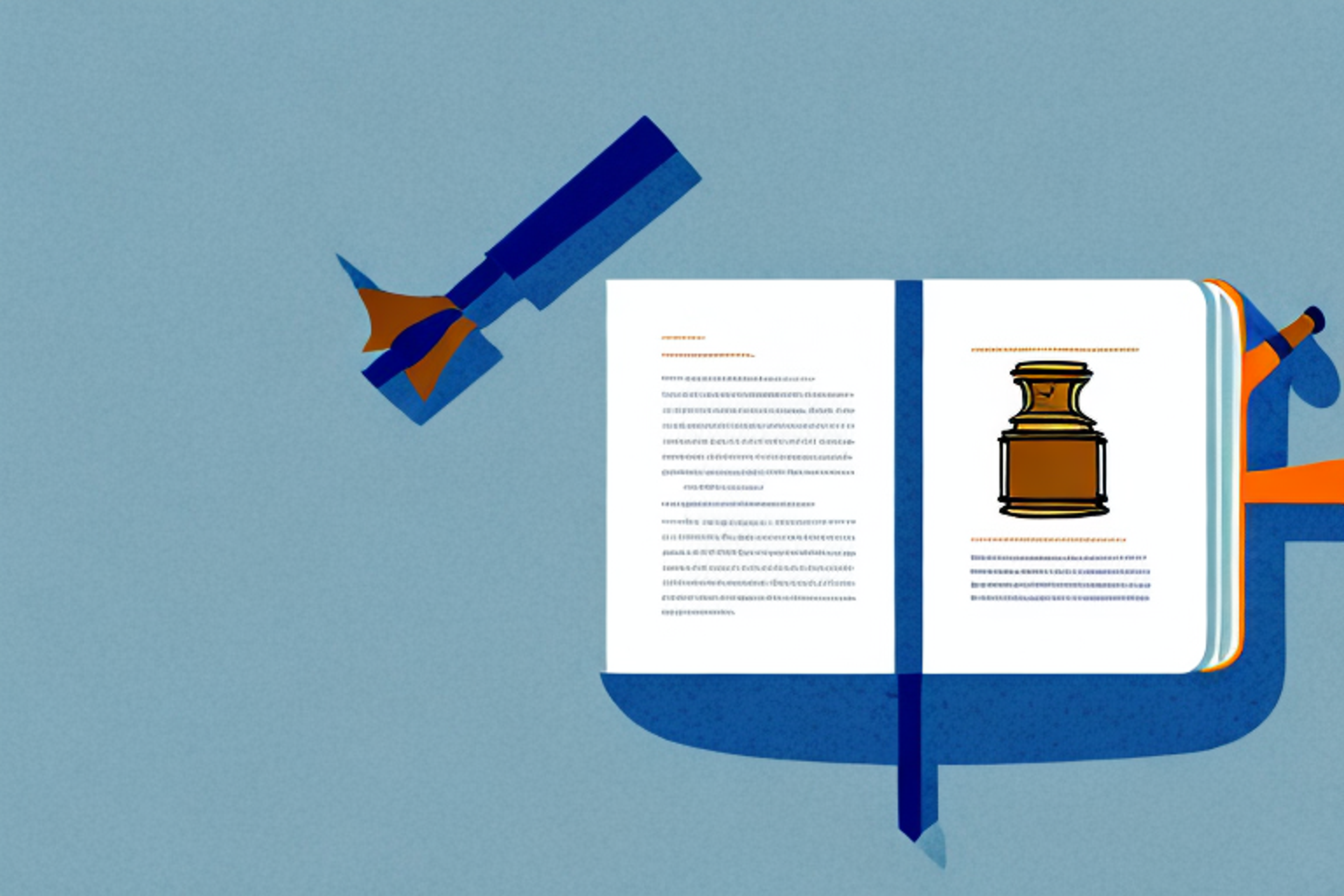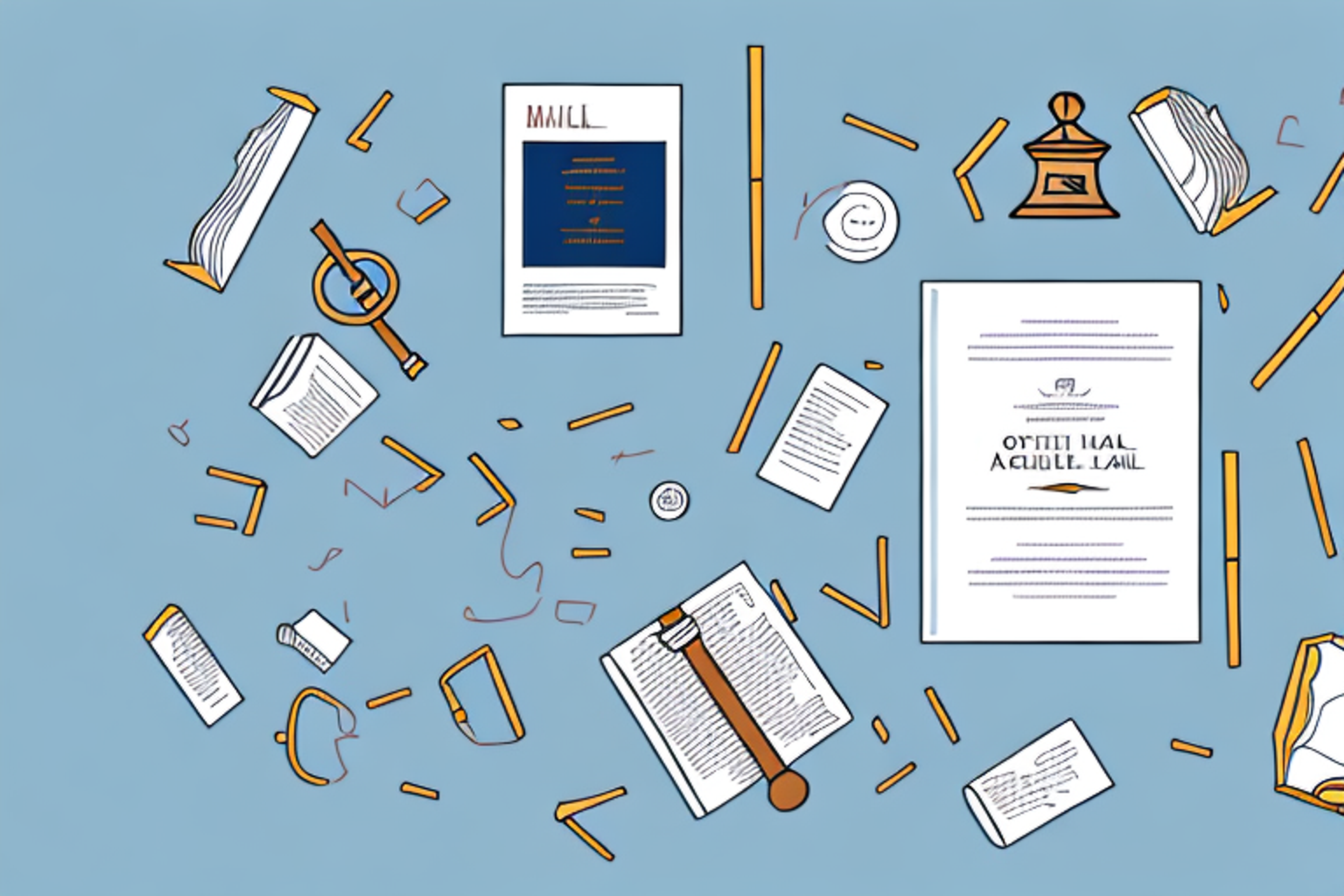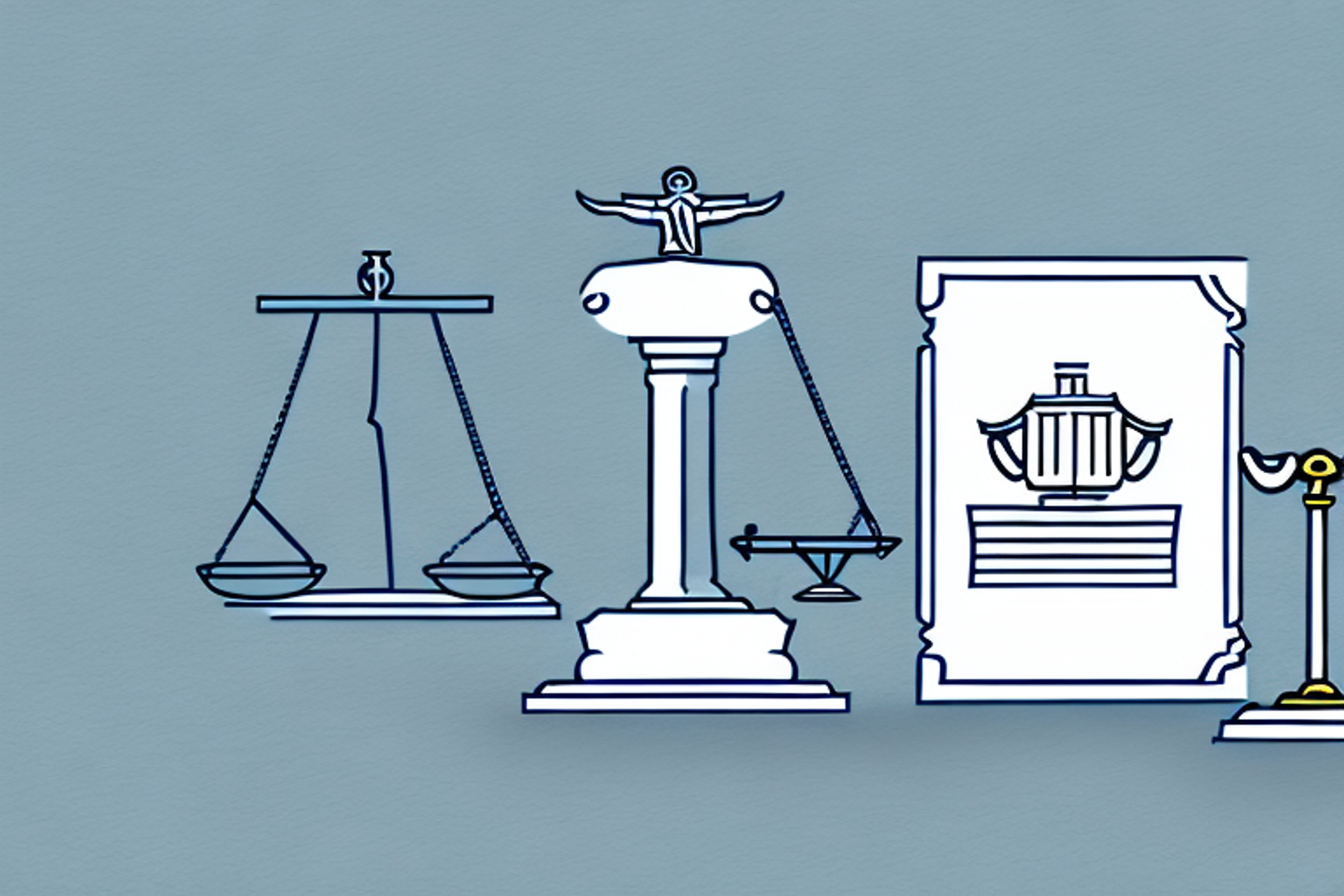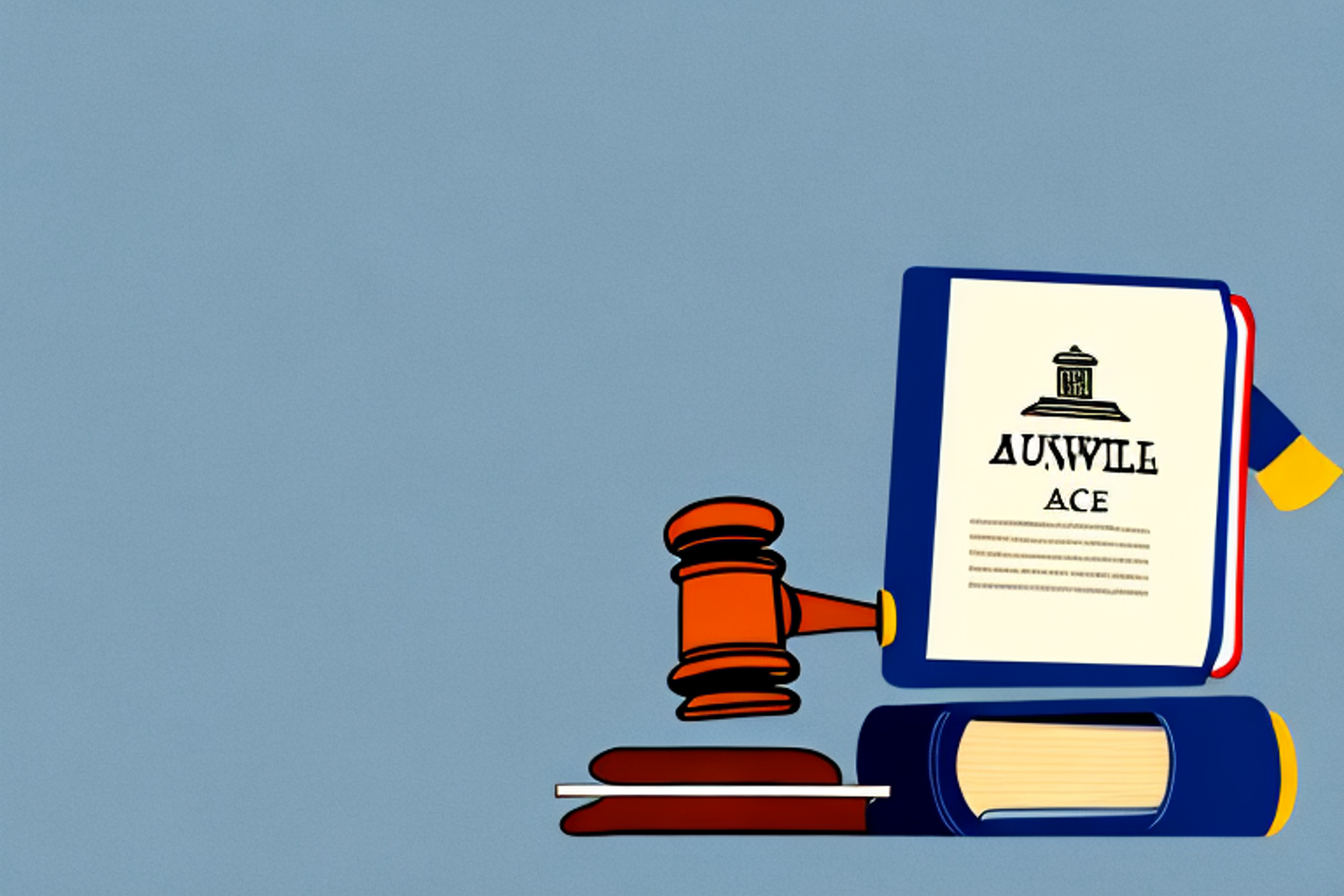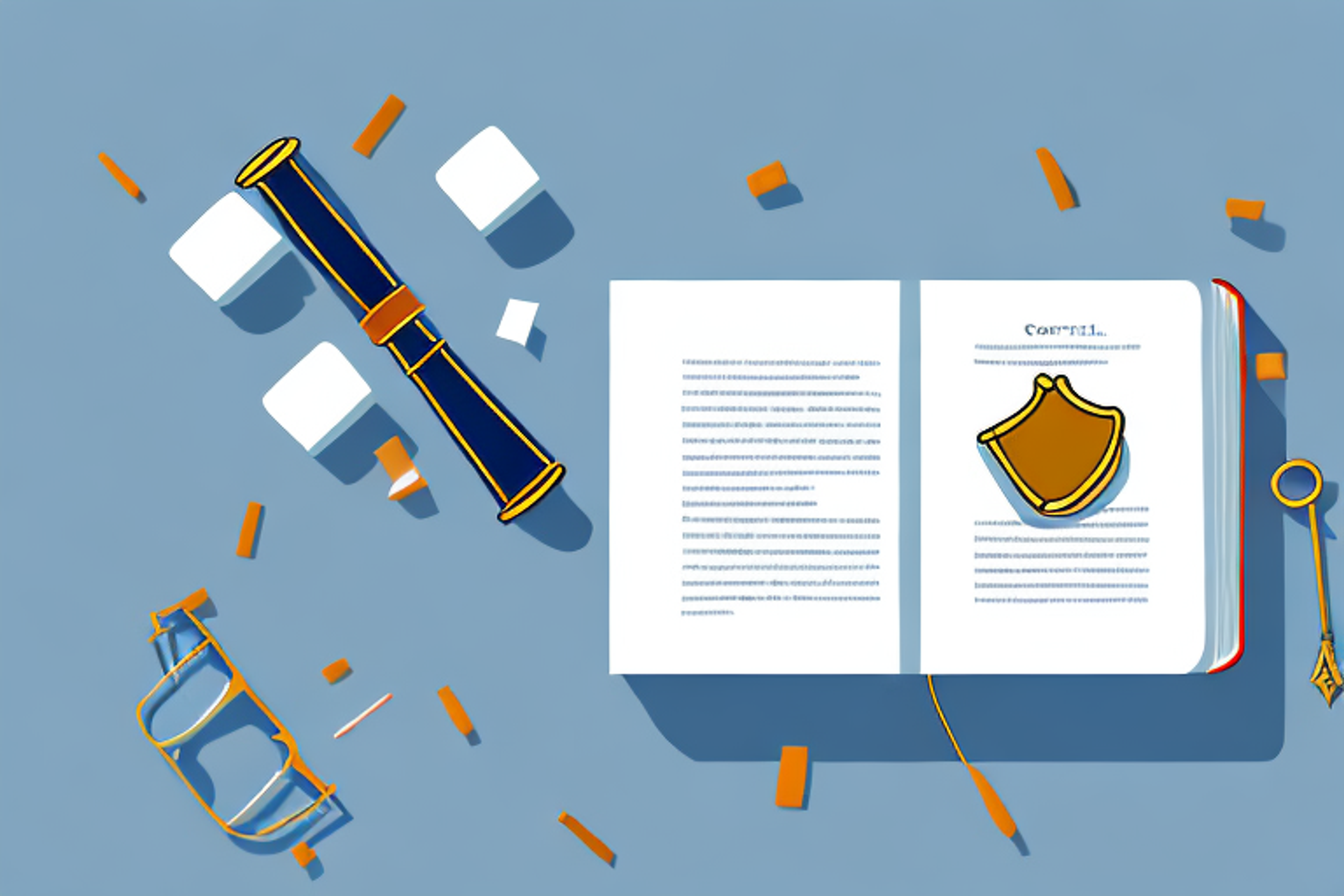How to Write a Compelling Personal Statement for University of Washington School of Law
Learn how to write a compelling personal statement for University of Washington School of Law that will make you stand out from the crowd.
Posted April 10, 2025

Table of Contents
If you are applying to the University of Washington School of Law, one of the most important components of your application is your personal statement. This is your opportunity to showcase your unique experiences, qualifications, and motivations to the admissions committee. In this article, we will guide you through the process of crafting a compelling personal statement that will set you apart from other applicants.
Why a Personal Statement is Important for Law School Admissions
First, let’s discuss why a personal statement matters. Admissions committees use personal statements as a way to get to know applicants beyond their academic and professional backgrounds. Your personal statement should provide insight into your goals, passions, and values. It should also demonstrate your writing ability and potential to succeed in law school.
Additionally, a well-crafted personal statement can set you apart from other applicants with similar academic and professional backgrounds. It can showcase your unique experiences and perspectives, and highlight how they have prepared you for a career in law. A strong personal statement can also demonstrate your commitment to the field and your potential to make a positive impact as a lawyer.
Understanding the Admissions Committee's Perspective
When crafting your personal statement, it’s important to keep the admissions committee’s perspective in mind. They receive hundreds of applications each year, and each personal statement they read should be unique and memorable. Your personal statement should showcase what makes you stand out and why you are a good fit for the University of Washington School of Law.
One way to make your personal statement stand out is to highlight your unique experiences and perspectives. Admissions committees are looking for a diverse group of students who can bring different viewpoints and backgrounds to the classroom. Don't be afraid to share personal stories or challenges you have overcome that have shaped who you are today.
It's also important to demonstrate your passion for the law and your commitment to pursuing a legal career. Admissions committees want to see that you have a clear understanding of what it takes to succeed in law school and beyond. This can include discussing relevant coursework, internships, or volunteer experiences that have prepared you for a legal career.
Choosing the Right Topic for Your Personal Statement
Choosing the right topic for your personal statement is crucial. You want to pick a topic that allows you to showcase your strengths and accomplishments, but also one that will capture the attention of the admissions committee. Consider selecting a topic that is related to your experiences and goals in the legal field.
It's important to remember that your personal statement is your chance to stand out from other applicants. Avoid choosing a topic that is too common or generic, such as "why I want to be a lawyer." Instead, focus on a specific aspect of your experiences or goals that sets you apart. For example, you could write about a particular case or project that you worked on, or discuss how your background has influenced your desire to pursue a legal career.
Tips for Brainstorming and Outlining Your Personal Statement
Before you start writing your personal statement, take some time to brainstorm and outline your ideas. Make a list of your accomplishments, experiences, and goals. Then, create an outline that includes an introduction, body, and conclusion.
When brainstorming, it's important to consider the specific requirements and prompts for the personal statement. Think about what the admissions committee is looking for and how you can showcase your unique qualities and experiences. Additionally, don't be afraid to ask for feedback from friends, family, or a writing center. Getting a fresh perspective can help you refine your ideas and make your personal statement even stronger.
Crafting a Strong Introduction to Hook the Reader
Your introduction should grab the reader’s attention and make them want to read more. Consider starting with a personal anecdote or a statement that highlights the significance of the legal field to you.
Another effective way to hook the reader is to start with a surprising fact or statistic related to the topic you will be discussing. This can immediately pique the reader's interest and make them curious to learn more. Additionally, you can also pose a thought-provoking question that encourages the reader to think critically about the topic at hand. Whatever approach you choose, make sure it is relevant to your overall message and sets the tone for the rest of your writing.
Developing a Clear and Cohesive Narrative
The body of your personal statement should tell a story that showcases your experiences and goals. It’s important to have a clear and cohesive narrative that connects the different aspects of your personal statement together.
One way to ensure a clear and cohesive narrative is to use transitional phrases and sentences. These help to guide the reader through your personal statement and make connections between different parts of your story. Examples of transitional phrases include "in addition," "however," and "moreover."
Another important aspect of developing a clear and cohesive narrative is to avoid repetition. While it's important to highlight your experiences and achievements, repeating the same information multiple times can make your personal statement feel disjointed. Instead, focus on providing new and relevant information in each paragraph to keep your narrative flowing smoothly.
Highlighting Your Unique Qualities and Experiences
One of the main goals of your personal statement is to highlight what makes you unique. You should showcase your experiences and qualifications that make you a strong candidate for law school.
When highlighting your unique qualities and experiences, it is important to focus on specific examples that demonstrate your skills and abilities. For example, if you have experience working in a law firm or volunteering at a legal clinic, you should highlight these experiences and explain how they have prepared you for law school.
Additionally, you should also consider discussing any challenges or obstacles you have overcome in your personal or academic life. This can demonstrate your resilience and determination, which are important qualities for success in law school and in the legal profession.
Proofreading and Editing for Clarity and Coherence
Before submitting your personal statement, it’s important to proofread and edit it thoroughly. Ensure that your writing is clear and coherent, and that there are no grammatical or spelling errors.
One helpful tip for proofreading is to read your personal statement out loud. This can help you catch any awkward phrasing or unclear sentences. Additionally, consider having someone else read your statement and provide feedback. A fresh set of eyes can often catch mistakes or areas that need improvement that you may have missed.
When editing for clarity and coherence, make sure that your ideas flow logically and are easy to follow. Use transitions between paragraphs to help guide the reader through your statement. It can also be helpful to vary your sentence structure and length to keep the reader engaged.
Incorporating Legal Terminology and Concepts
Your personal statement should demonstrate your understanding of legal terminology and concepts. Be sure to incorporate relevant legal concepts into your personal statement.
One way to showcase your knowledge of legal terminology and concepts is to provide examples of how you have applied them in real-life situations. For instance, if you have worked in a law firm or volunteered at a legal clinic, you can describe how you have used legal terminology and concepts to assist clients or colleagues. Additionally, you can discuss any relevant coursework or research projects that have helped you develop a deeper understanding of legal concepts. By demonstrating your familiarity with legal terminology and concepts, you can show admissions committees that you are well-prepared for the rigors of law school.
Demonstrating Your Commitment to the Field of Law
Admissions committees want to see that applicants are committed to pursuing a career in law. Your personal statement should demonstrate your passion for the legal field and your motivation to succeed in law school.
One way to demonstrate your commitment to the field of law is by participating in relevant extracurricular activities. This could include joining a pre-law society, volunteering at a legal aid clinic, or interning at a law firm. These experiences not only show your dedication to the field, but also provide valuable insights and skills that can be applied in law school and beyond.
Avoiding Common Mistakes in Personal Statement Writing
There are several common mistakes that applicants make in their personal statements. These include writing a generic or cliché statement, not following the instructions, or being too boastful. Be sure to avoid these mistakes when crafting your personal statement.
Another common mistake is not providing specific examples or evidence to support your claims. It's important to show, not just tell, the admissions committee why you are a strong candidate for their program. Additionally, make sure to proofread your statement carefully for grammar and spelling errors. A polished and well-written personal statement can make a big difference in the admissions process.
Overcoming Writer's Block and Staying Motivated during the Writing Process
Writing a personal statement can be a daunting task, and it’s not uncommon to experience writer’s block. To overcome this, take breaks and come back to your writing with a fresh perspective. Stay motivated by reminding yourself of your goals and why you are pursuing a career in law.
Another way to overcome writer's block is to brainstorm ideas and create an outline before starting to write. This can help you organize your thoughts and make the writing process less overwhelming. Additionally, try to write in a quiet and distraction-free environment to help you focus on your writing.
Staying motivated during the writing process can also be challenging. One way to stay motivated is to set small goals for yourself and celebrate each accomplishment. You can also seek feedback from friends, family, or a writing tutor to help you stay on track and improve your writing. Remember to take care of yourself during the writing process by getting enough sleep, eating well, and taking breaks to avoid burnout.
Seeking Feedback from Peers, Professors, and Writing Centers
It’s important to seek feedback on your personal statement from peers, professors, and writing centers. They can provide valuable insight and feedback on your writing.
Submitting a Stellar Personal Statement to University of Washington School of Law Admissions
Once you have completed your personal statement, review it one final time before submitting it to the University of Washington School of Law admissions. Ensure that you have followed all instructions and guidelines, and that your personal statement is a true reflection of your skills and abilities.
By following these guidelines, you can craft a compelling personal statement that will set you apart from other applicants and increase your chances of being accepted into the University of Washington School of Law.


